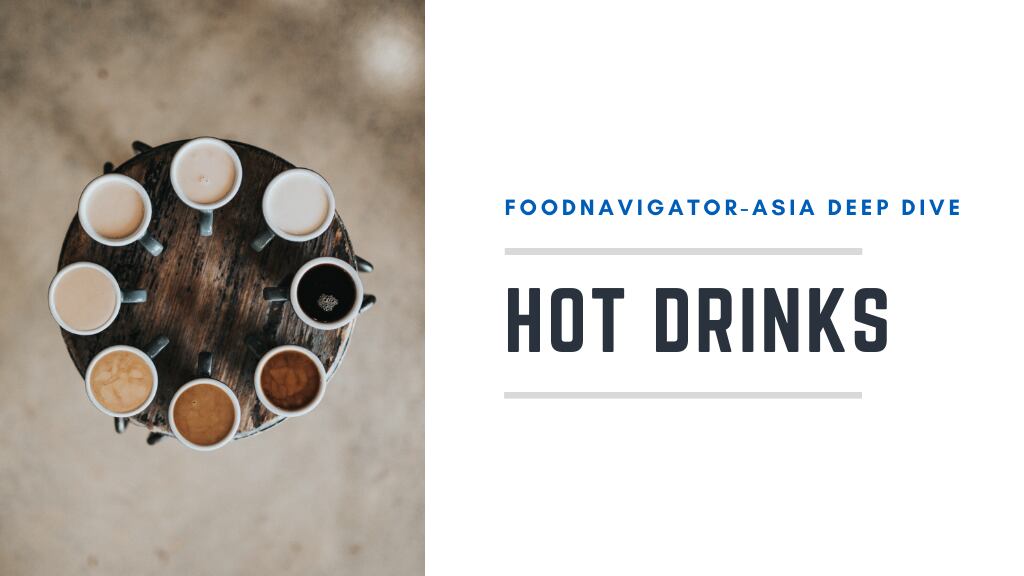‘No one-size fits all approach’: Tetra Pak on the challenges of meeting Asia’s sustainable packaging demands
Packaging giant Tetra Pak says it is going beyond traditional recycling efforts in its quest for sustainability in the APAC region and beyond, with a focus on upcycling and progress in developing its ‘world’s most sustainable food package’ detailed in its latest sustainability report.
A rise in consumer awareness and demand for sustainable food and beverage packaging has led to a parallel rise in the creation of various types of more environmentally-friendly packs worldwide, but mostly concentrated in more developed western markets such as the EU and United States.
In the Asia Pacific region and especially in Asia, it is well-known that humid climate conditions prevent straightforward new sustainable packaging solutions that may work well in other countries – but according to Tetra Pak APAC Vice President of Sustainability Jaideep Gokhale, the issues here go far beyond that.
“In this region, there are some countries which are more advanced [in terms of sustainability thinking] and mimic the EU and US such as Australia, New Zealand, Singapore, Japan and South Korea - but there are other parts of the region which show stark dissimilarities such as China, India and ASEAN,” Gokhale told FoodNavigator-Asia whilst discussing the firm’s 2021 Sustainability Report.
Film stars: Mengniu first China food firm to use recycled resin packaging as sustainability demands rise
China dairy heavyweight Mengniu has become the first firm in the domestic food industry to use recycled resin shrink film for the secondary packaging of its dairy products.
The company has partnered with packaging and materials science firm Dow for this to meet growing Chinese consumer demands for more sustainable packaging.
According to Mengniu Dairy Packaging R&D Director Frank Wang, the firm has billions across China and the rest of Asia that use plastic, and the company is looking to reduce its environmental impacts as part of its sustainability commitments.
“Mengniu has a great vision for sustainability, where we have made a promise to lead consumers towards a Healthier World – and shifting towards more sustainable packaging is a critical part of that,” Wang told FoodNavigator-Asia.
Packaging partnership: Kirin and Lawson trials PET bottle collection plan to increase recycling rates
The Kirin Group and retailer Lawson will install polyethylene terephthalate (PET) bottle collection machines outside convenience stores, which will then be recycled back into bottles for beverage manufacturers.
Japan has one of the highest rates of PET bottle recycling in the world. According to The Council for PET Bottle Recycling, about 92% of PET bottles were collected and 84% recycled in 2017.
In other regions, collection rates are approximately 40% in Europe and 20% in US, with recycling rates even lower. However, most are not recycled back into PET bottles, and are often remade into other materials such as sheets and fibres. The bottle-to-bottle rate in Japan is around 12.5%.
“In order to increase recycling rates, it is necessary to make it more convenient for consumers to participate in the recycling process, and we believe that collection at convenience stores will be effective as a 24-hour PET collection service,” Akihiko Koyama, corporate communications senior manager at Kirin Holdings said.
Creating a dollar value: Why firms need to aid glass and aluminium recycling in Asia – Lion brewery
Kirin-owned brewery Lion is urging the wider industry to increase commitments to recycle glass and aluminium, particularly in countries with less-advanced sustainability infrastructures, as these packaging materials are ‘here to stay’.
Although plastic pollution and recycling has often been the focus of sustainability discussions in the food and beverage industry, a sector like alcoholic beverages uses far less plastic but more glass and aluminium for its packaging.
Alcoholic beverages firm Lion, which is a subsidiary of Japanese giant Kirin and also operates multiple well-known brands in Australia and New Zealand including Lion, Kirin, Steinlager, Little Creatures and many more, recently released its 2020 Sustainability Report, highlighting its achievement of becoming Australia’s first carbon neutral brewer in April 2020.
“As a business, Lion is ultimately a pretty big energy user – we use both electricity and natural gas for our operations, where the former is used a lot for refrigeration and motors and more, and the latter especially for boilers,” Lion Environment Director Justin Merrell told FoodNavigator-Asia.
Shroom protection: Mushroom Material targets cosmetics sector with sustainable alternative to styrofoam and cardboard packaging
New Zealand start-up Mushroom Material has developed a sustainable mushroom-based material as an alternative to polystyrene styrofoam and cardboard packaging and is targeting the cosmetics sector for its first products.
Made from the vegetative part of mushrooms called mycelium and fiberous agricultural waste, the material is robust to withstand impacts, yet is biodegradable within six weeks.
Suitable for products from cosmetics to cutlery, the packaging is customisable to any shape, size and surface finish, is stronger than concrete pound for pound, has a better thermal insulator than fiberglass, is odourless, mould resistant and non-toxic.
The company was founded by Shaun Seaman in 2020 after observing the huge amounts of waste material produced globally.





